Suzanne
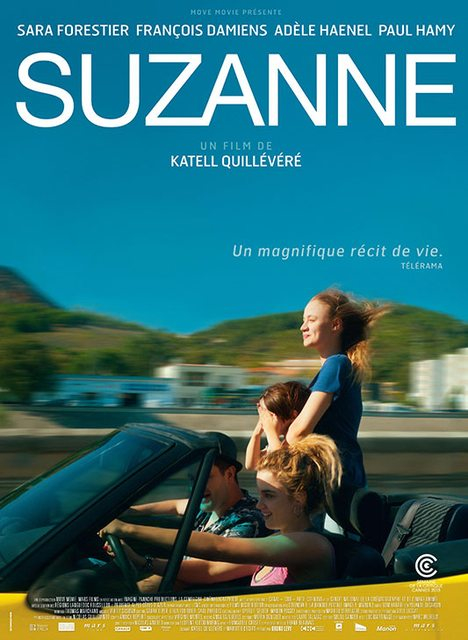
In Katell Quillévére’s follow up to Love Like Poison, Suzanne, the French director yet again tackles complex family situations in her latest sophomoric offering. Sara Forestier notably gives a searing performance as the titular character who makes many a mistake, while Forestier successfully injects enough pathos to resonate with what could be described as a flawed, tragic heroine.
Initially the film sets itself up to be a typical coming-of-age drama with a familiar bildungsroman structure, but the trajectory of the film soon enough deviates from that after the shocking announcement of the young protagonist’s pregnancy. Suzanne decides to have the child which then leads to the chain of unpredictable events that subsequently occur throughout the film. Just before we are about to see the pregnancy, the film transports us to a good few years later. The time shifts are sporadic, and clocking in at just 90 minutes, each integral moment depicted of Suzanne’s life is almost fleeting. The viewer will find oneself watching the next chapter of her life before one even gets the time to think about it. In a way, it is almost the antithesis of Blue Is the Warmest Colour, although premiered at the Cannes Film Festival last year because of the handling of the passage of time and the screen time itself. But one thing it certainly does not lack, just like Blue, is the flare for drama.
Despite the implications that come with the title, the film focuses on more than just the woman herself. Suzanne’s older sister, Maria (Water Lilies’ Adéle Haenel, as equally luminous as Forestier) and their widowed father Nicolas (François Damiens), both of whom feel the weight of Suzanne’s ill-advised decisions throughout. From the first scene in which we see Suzanne performing in a school play as her father watches in the audience, it is pretty evident what Quillévére is trying to achieve here and the emphasis that is put on the dedication Nicolas gives to his daughters after the death of their mother, and his willingness to fulfill both roles. Damiens is heartbreaking each and every time Nicolas witnesses Suzanne gradual descent.
So evidently, Suzanne is quite an eventful film, but it is almost downplayed largely thanks to Quillévére’s grounded direction and cinematographer Tom Harari’s cinéma vérité aesthetic. There are flaws, for sure, but French cinema has been rightfully renowned for its family dramas and this one is no less riveting to watch.
Michele Schettino
Suzanne is released nationwide on 14th March 2014.
Watch a clip of Suzanne here:

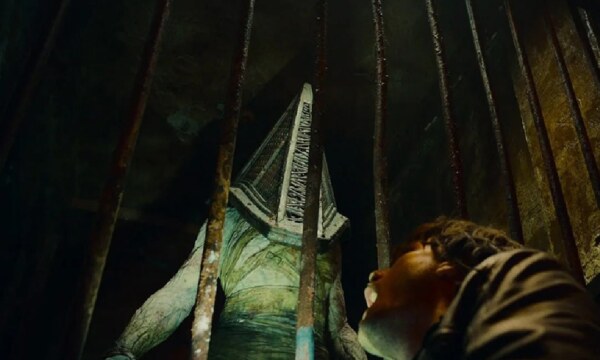

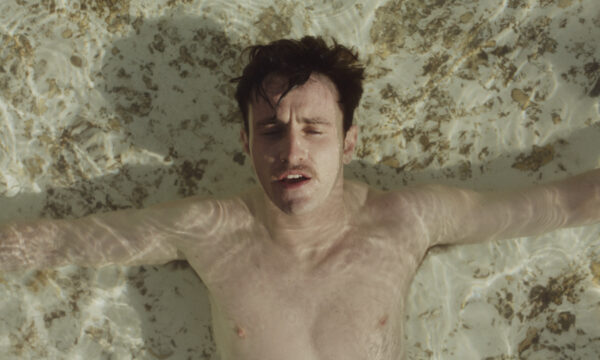
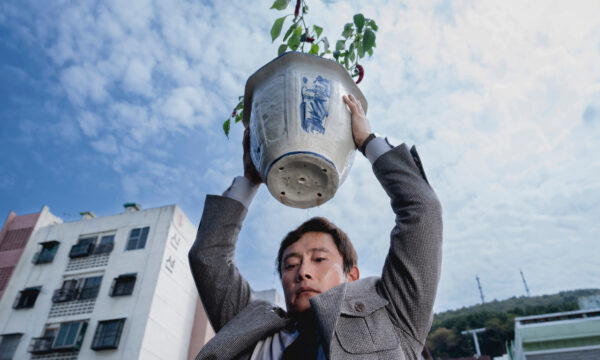
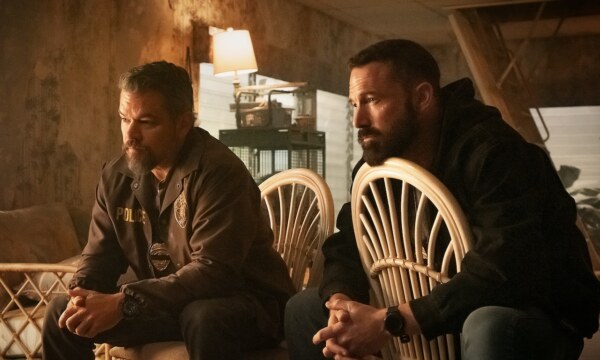


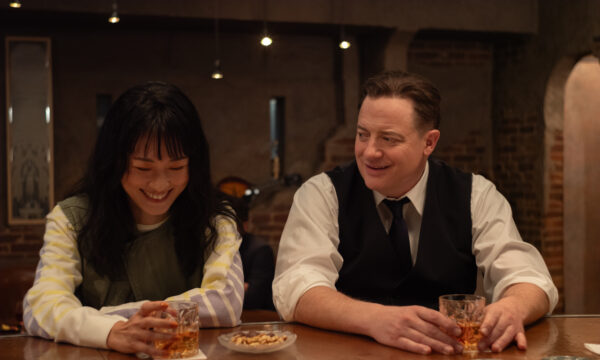
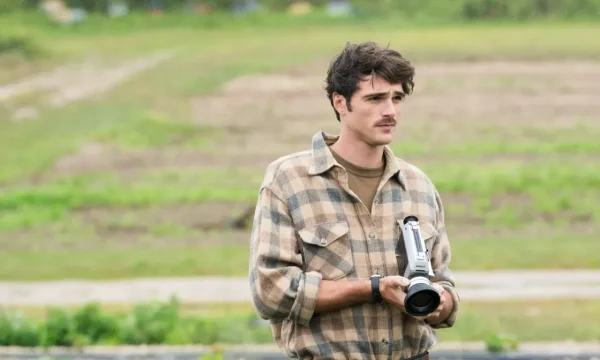
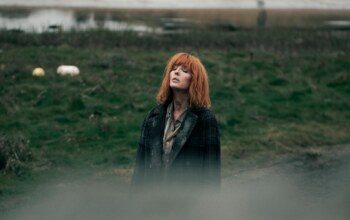

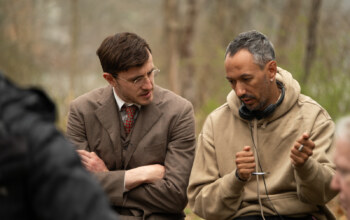








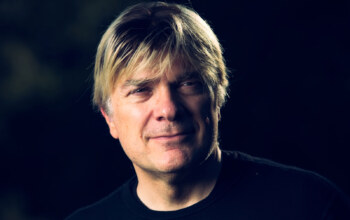


Facebook
Twitter
Instagram
YouTube
RSS